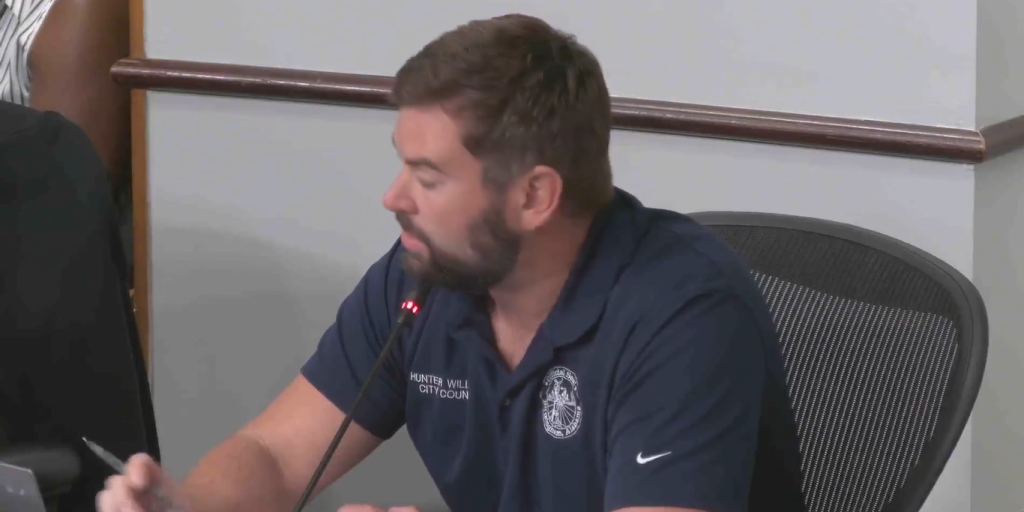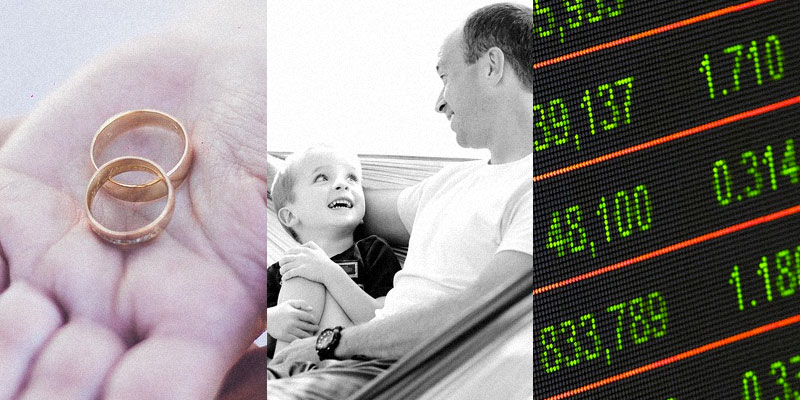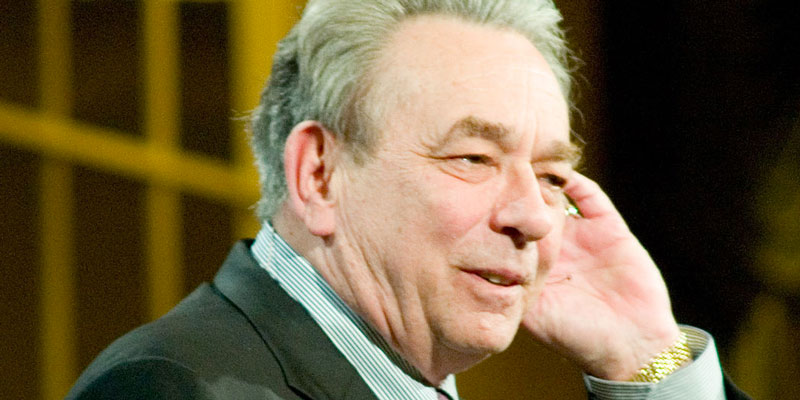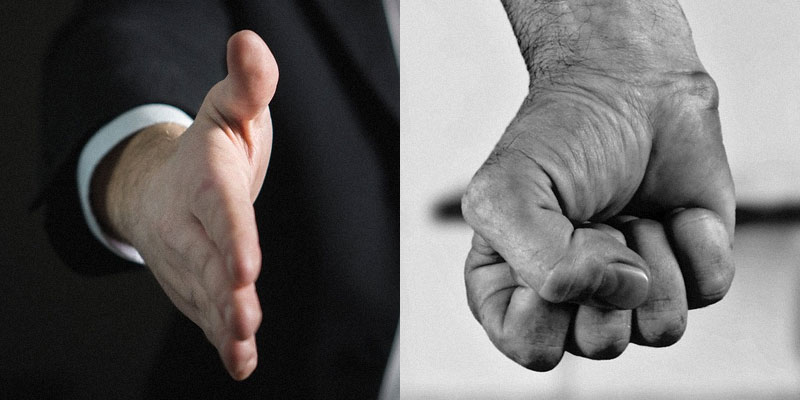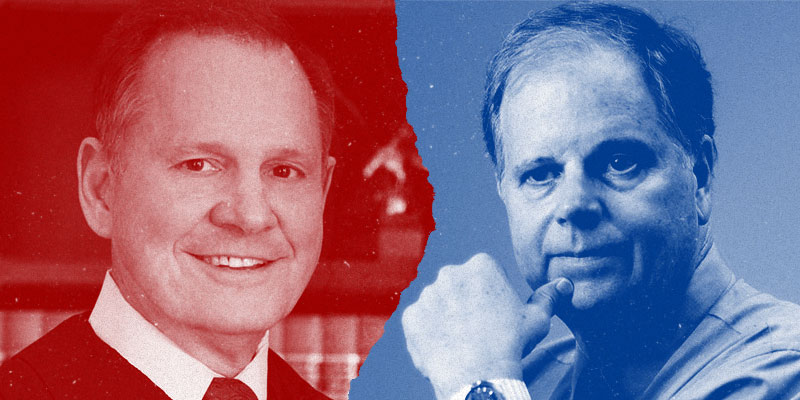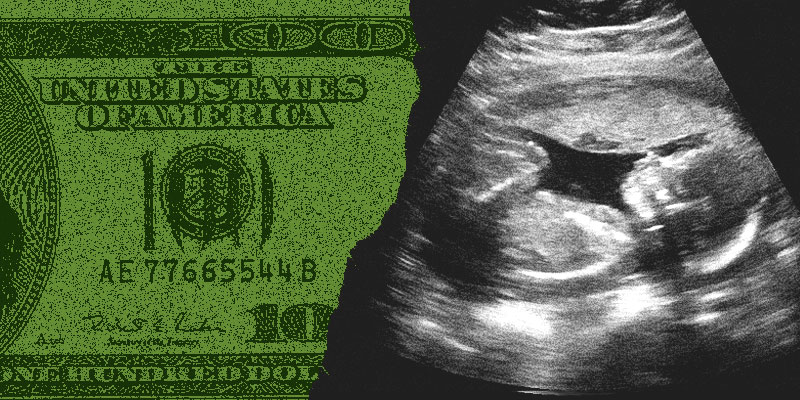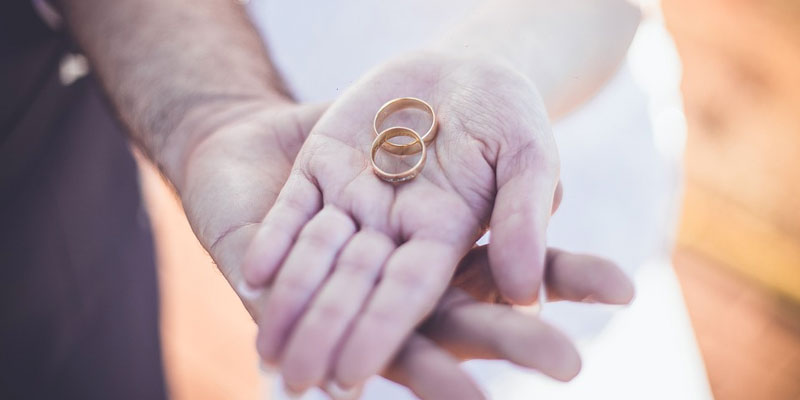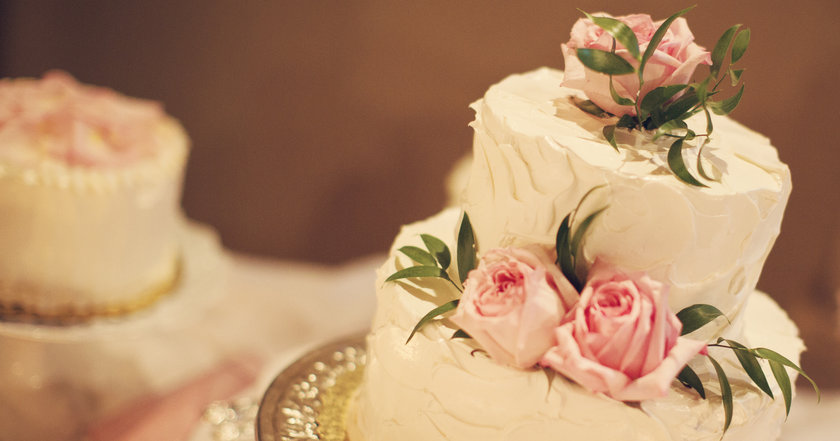
Listen to the 10 min audio
Read the transcript:
TOM LAMPRECHT: Harry, I want to take you back to a story that we’ve covered several times on this program, but it’s finally come to fruition in the sense that the Masterpiece Cake Shop case has gone to the Supreme Court.
Jack Phillips, a baker in Colorado, was ordered by lower courts and by a civil rights agency in Colorado to bake a cake for a gay wedding, but he said it went against his religious beliefs.
Interestingly, this baker said to the couple that wanted him to bake a cake for their wedding, “I’d be happy to make you a birthday cake. I just can’t make you a wedding cake.” Oral arguments took place this past Tuesday.
DR. REEDER: And he also offered to sell them any cake that was made, but that he would not participate in bringing his artistic expression to a wedding cake to celebrate a “same-sex marriage” – a legal but mythical fabrication in terms of actuality.
He lost his case in court and he brought it to the appeals court, which would not hear it, but then appealed all the way to the Supreme Court. And I believe it’s very interesting that this Supreme Court chose to hear this case.
This is a monumental case. This is one of these tipping points in our culture. Oral arguments become a time in which you see the layout of the case from the perspective of the two contending parties, but you also begin to get a sense of the justices as they respond to the oral arguments.
The crucial point in this nine-member Supreme Court is going to be Justice Kennedy. It’s going to be interesting to see how he works with this.
He has really been at the forefront of promoting the “New Drive” or “New Sexual Liberties” or “Sexuality as a Civil Liberty” – what I would say is a civil liberty for sexual anarchy – as he now supports the expression of sexuality throughout the culture outside of marriage and in any way expressed as long as there is consent.
Freedom of Speech
On the other hand, Kennedy has been an ardent supporter of free speech, which is one of the two dynamics involved in this case.
Tom, this case goes right to the First Amendment. There are six affirmations in the First Amendment. Now, let’s realize something: our country fought for its independence and won it, it ordered its independence with the Constitution and it then maintains and matures that independence through the Bill of Rights.
And the most important of the Bill of Rights has clearly been the First Amendment with its six affirmations, including association and two, in particular: the free practice of religion and freedom of speech.
We’ve got a situation in our society in which all of the major religions deal with sexuality within marriage so, when you freely practice your religion and then you conform to that religion in the public square and as you contend for it in public life that’s going to bring you in conflict with today’s civil liberty of sexual anarchy.
We also have burgeoning in our society another idea, that is, “I am born with a civil right to go through life and never be offended by someone’s speech.”
Well, my goodness, if you have the freedom of speech and the so-called right to never be offended, you’ve got a train wreck just waiting to happen.
Some people, as they’ve exercised freedom of speech, such as, “I believe what the historic position has always been – that sex is between a man and a woman in the context of marriage,” – that can now be said by those who want to practice sex outside of marriage as hate speech or as offending speech and now we’ve got a freedom of speech issue, as well, and that’s exactly where Mr. Phillips finds himself.
He says, “Out of my deeply held religious convictions, I cannot participate in the making and producing of a wedding cake that celebrates a direct violation of what I believe concerning marriage and what I believe concerning sexuality. And then, secondly, this is a matter of speech for me because artistic expression is speech.”
Just food?
Now, the pushback is even columnists like George Will are making comments such as, “Hey, look, it’s just food.” Well, no, it’s not just food. He is more than willing for anybody to come in and buy a cake and, by the way, he’ll do a birthday cake for these folks or another cake, but you just asked him to do a specific cake and apply his expressiveness in that so that he now becomes a participant in the celebration of same-sex marriage.
On the basis of free speech, you can’t make me say something through my artistic expression that I don’t want to say, which is to celebrate same-sex marriage and same-sex relationships. And, secondly, the freedom of religion, these are sincerely held beliefs that I am free to practice my religion, which is not only to put sex within marriage, but not to celebrate sex outside of a Biblical understanding of marriage – one man, one woman for one life.
All you have to do is just simply go take a look at what’s on the front page of the website of Mr. Phillips. People wouldn’t pay $8,000.00 and $10,000.00 for any cake. When they pay $8,000.00 and $10,000.00, they’re saying, we want a wedding cake, and this is what we want it to say and we want it to be unique. I am sure he has sheet cakes that they can go use it in their wedding celebration all they want to.
And you’ve got to remember, when this took place, in the state of Colorado, same-sex marriage was not even recognized.
These two men had had to leave the state to get married in Massachusetts and then they came back and wanted to celebrate their marriage back in the state and they demanded that he participate.
It wasn’t even recognized legally, but yet the Civil Rights Commission and Agency in the state of Colorado says that he is violating the civil right of sexual anarchy.
And I want to remind our listeners of something: The Constitution of the United States would have never passed without the Bill of Rights and the Bill of Rights would have never passed without the First Amendment.
The First Amendment and its six affirmations – and the first two were the free practice of religion and freedom of speech – those particular freedoms were so crucial that there was very little debate because everyone knew that was crucial, not only to the well-being of the nation, but for the colonies to participate in the union of this nation and a compact.
You wouldn’t have had a nation without the Constitution, you wouldn’t have had the Constitution without a Bill of Rights and you wouldn’t have had the Bill of Rights without the First Amendment and I will say, if the Supreme Court gets this wrong, I believe this is very likely the unraveling of the compact of this nation, functionally.
Now, whether it ever happens legally or politically, I don’t know, but without that First Amendment, there is no way that this nation can maintain the rule of law and the very essentials that this nation was founded upon in terms of life, liberty and the pursuit of happiness.
Tom Lamprecht: Harry, is there anything to be learned from the fact that the Court of Appeals didn’t hear this and, yet, the Supreme Court went ahead and pulled this case all the way up to their court?
DR. REEDER: Yeah, well, I think there is something here. I think you’ve got the conservative pull on the Supreme Court, particularly in light of President Trump’s recent appointment, that they were willing to hear this case even though an appeals court didn’t.
Everyone’s freedom of religion is at stake
I don’t think the appeals court heard it because of the liberal bent of that particular appeals court and they simply wanted the lower court ruling to stand, therefore, they weren’t going to hear it. They didn’t think they needed to hear it and they didn’t think there was any reason to hear it because of where they would rule and the progressives, or judicial activists, that dominate that appeals court. That domination is not true now on the Supreme Court so they are willing to hear it.
However, Tom, let’s make this very clear again: What you have is the matter of expression and the free practice of religion. If this case is lost, Jack Phillips will lose the free practice of religion.
What will be said is, “You can believe what you want to as long as you believe it privately. You cannot freely practice it any longer in the public square.” Secondly, his artistic expressions are going to be coerced into doing something that his religion would not allow him to do and now he will have to participate.
And make no mistake as to all of those who are watching this from an evangelical world and life view, you will not be able to hide – this is going to search you out in your life and in your vocation.
You are going to have to decide who is Lord. Is Caesar Lord or is Jesus Lord? Will you bend to that or will you, like Mr. Phillips, be willing to stand even under the threat of enormous penalties that would actually take away his business? Will you do that or not?
Tom, let me just say one final thing: Please pray for Mr. Phillips. I really feel a kinship as an Evangelical brother and I feel for him, but I also feel for our country if this crucial case goes the wrong way.
Dr. Harry L. Reeder III is the Senior Pastor of Briarwood Presbyterian Church in Birmingham.
This podcast was transcribed by Jessica Havin. Jessica is editorial assistant for Yellowhammer News. Jessica has transcribed some of the top podcasts in the country and her work has been featured in a New York Times Bestseller.
Podcast: Play in new window | Download
Subscribe: RSS




